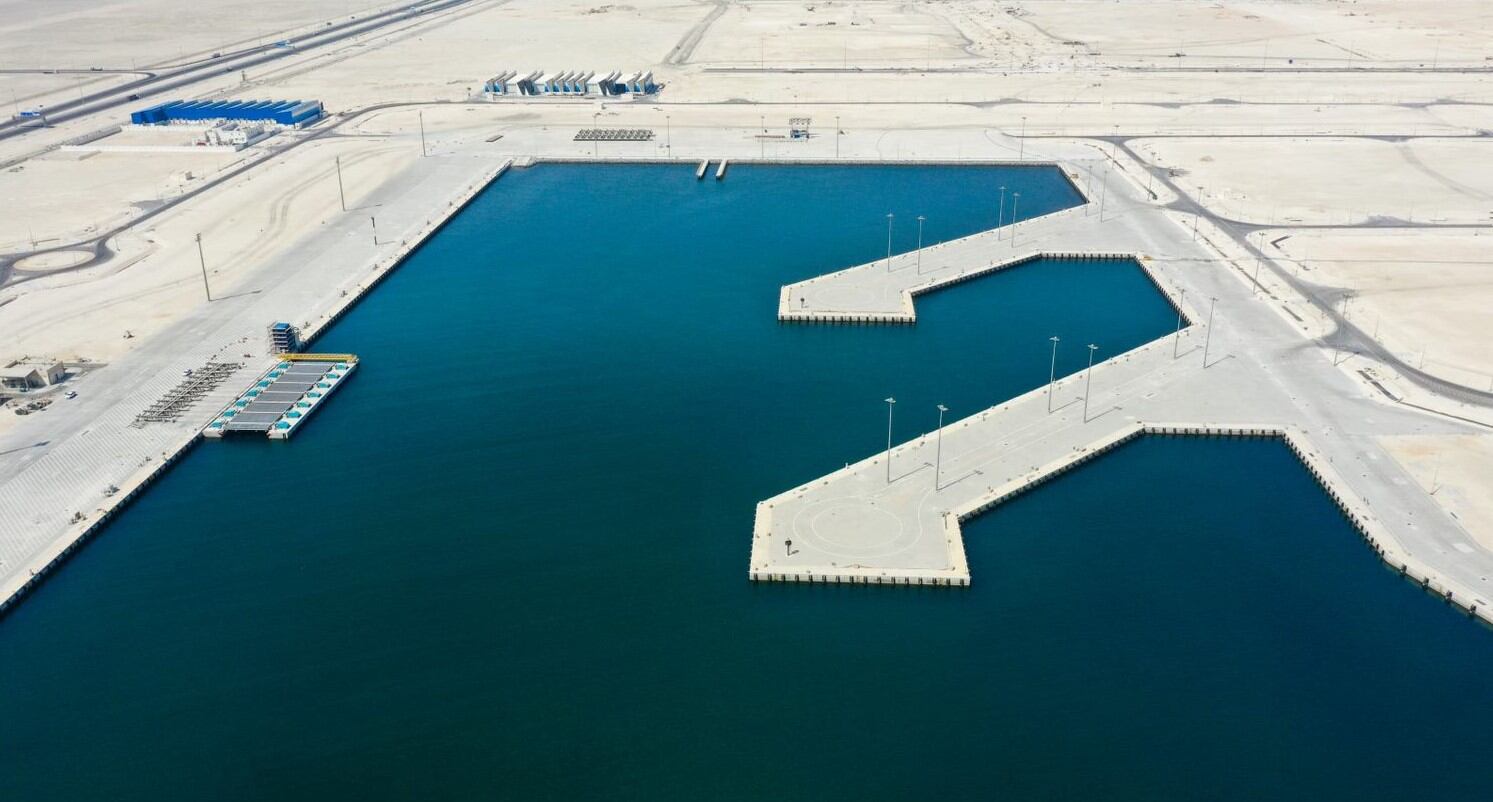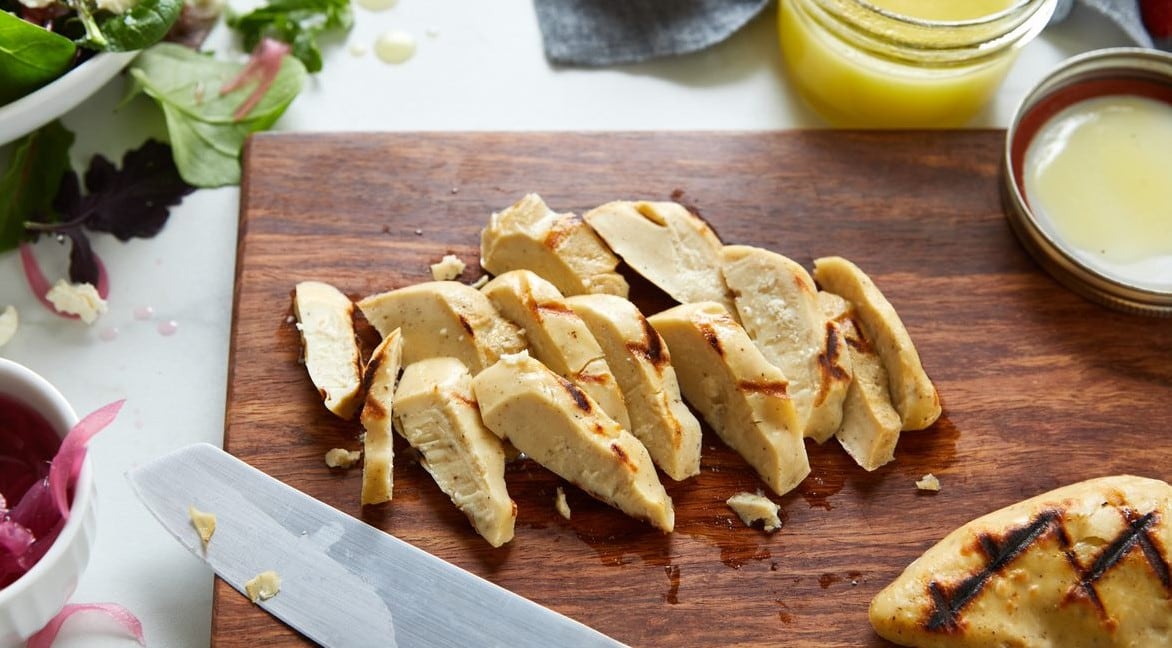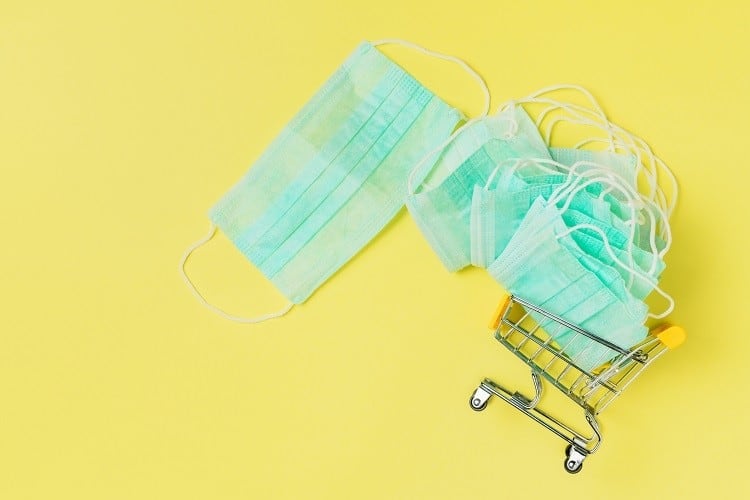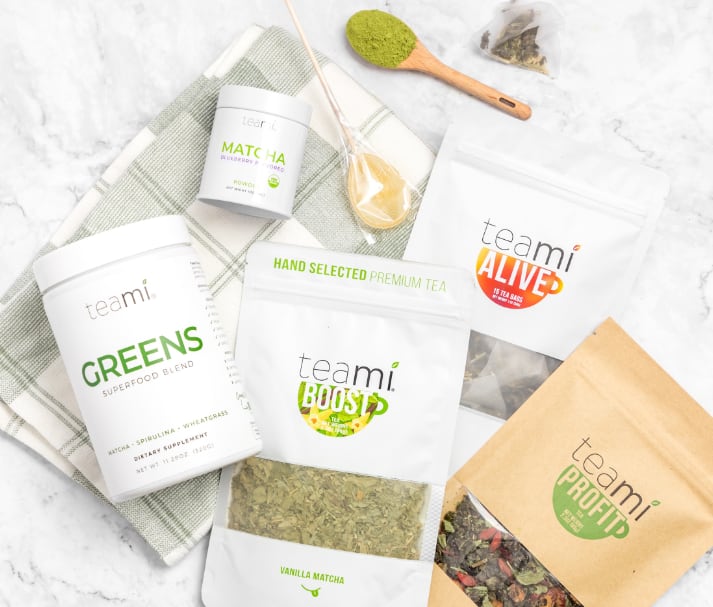Located in the Umm Alhoul Free Zone, the hub will comprise of a large-scale facility for Eat Just’s GOOD Meat, its cultivated meat division, and potentially a protein processing facility for JUST Egg, the company’s plant-based egg division.
According to Josh Tetrick, co-founder and CEO, the firm is committed to manufacturing and distributing both meat and egg products in the Middle East region.
The company has sold the plant-based equivalent of 160 million eggs worldwide, and is looking to increase brand awareness and presence in this region.
At the minute, its regional presence is small. The company entered Qatar through an importer this year, and is available in small retailers such as Mega Mart in Doha.
However, Tetrick told us: “We'll be partnering with a few large food manufacturers and distributors across the region to distribute eggs, and when meat is approved, distribute meat afterwards,” Tetrick told FoodNavigator-Asia.
“The plan is to start in more urban cities like Doha, Abu Dhabi, Dubai and Kuwait, and enter higher-end cafes and retailers.”
“We will also work with influencers in sports and music, and will have activation events on the ground, tailor recipes to different local cuisines, to give diners an immersive experience.”
Beyond the Middle East, the firm is also focused on scaling its egg product worldwide.
Every year, the company releases an improved version of JUST Egg, delivering on taste, texture, and flavour. Version four will be out this year.
Cell chicken

For its cultivated meat division, GOOD Meat, regulatory hurdles remain its biggest challenge for manufacturing and exports.
However, this is set to change as Qatar is poised to be the second country in the world to approve GOOD Meat's cultivated chicken ingredient.
Singapore was the first country worldwide to grant regulatory approval for its cultivated chicken ingredient last year. The product is now sold in restaurants there.
The Qatar Free Zones Authority and the Ministry of Public Health have indicated their intention to grant regulatory approval for GOOD Meat cultivated chicken soon, and have formally granted an export license for the pioneering product.
The GOOD Meat team is currently identifying restaurants in Qatar that would be ideal launch partners in the Middle East.
At the new hub in Qatar, the large-scale facility will initially produce GOOD Meat’s chicken ingredient, exporting to the Middle East and Northern Africa (MENA) region, and potentially Europe and Asia.
The process of making the cultivated chicken begins in a bioreactor where animal cells are immersed in a ‘growth medium’, including amino acids, fats and vitamins. There are no antibiotics, growth hormones or GMOs.
Within four to six weeks, the cells will grow and divide naturally within the bioreactor, creating GOOD Meat. These harvested cells are then moulded or 3D printed to create the end-product.
“We look at the MENA region as being fundamental to our mission to move away from the industrialised animal system to one that is a lot more sustainable, healthier, more aligned with the food security interests of the region,” Tetrick said.
The hub will be staffed with research and development, engineering and business development professionals.
Although before production can begin, Tetrick explained the challenges: “In any markets we are aiming to have production, we want to move to large scale facilities as quickly as we can, that can produce at least 10 million pounds per year.
“But the limiting step to building any large-scale facility is the design and engineering of the bioreactor. So, we’re now in the process of developing these large-scale bioreactors.”
Eat Just is also keen to explore other animal proteins at the cultivated meat facility in Qatar.
“Our interest is ultimately producing all the major animal proteins whether its beef or lamb. The facility in Qatar will do chicken first because it is the most widely consumed protein worldwide, but eventually we hope to do other animal proteins as well.”




